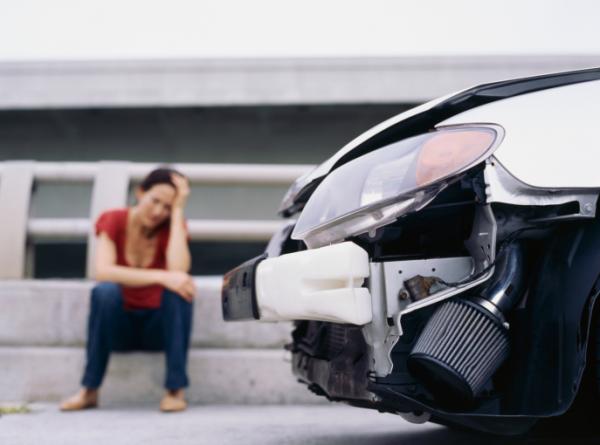
The American Automobile Association Foundation for Traffic Safety reports that drowsy driving is the cause of 1 in every 6 fatal motor vehicle accident. This problem is especially deadly for our teenager population, because in general our teens are not only more sleep deprived then the average driver, but also much more inexperienced drivers. High schools all across the U.S. have early start times for their students. This often results in high school teenager students sleep deprivation and in turn frequently driving when their bodies and brains are programmed to be asleep and not awake. This means that a large number of our teen drivers are not only more inexperienced then other drivers, but also driving with impaired attention, judgment, and novice motor coordination.
Every day, millions of Americans commute to and from work. Driving long hours or clocking our after a long day is enough to make anyone tired. Thus, it's no wonder that drowsy driving has become a serious problem in the US. According to the National Highway Traffic Safety Administration (NHTSA), roughly 100,000 car crashes each year are caused by drowsiness or fatigue. That's an estimated 1.5% of all annual crashes. As a result, many states have enacted drowsy driving laws and preventative measures.
Symptoms of Drowsy Driving and How to Prevent It
Drowsiness while driving can vary from mild to severe, but all instances pose potential safety hazards. Symptoms of drowsy driving including yawning, drifting in and out of lanes, not being able to recall the past few miles, difficulty staying focused, or wandering thoughts. Sometimes, this can even lead to falling asleep at the wheel, which is obviously very dangerous. There are, however, many ways to prevent drowsy driving that all states encourage:
• Stopping every two hours or more frequently to take a break.
• Getting a good night's sleep before a long commute or trip.
• Stopping for a cup of coffee if you're feeling tired.
• Trying not to drive when your body is naturally drowsy between the hours of 12 a.m. and 6 a.m.
An AAA survey found that 55% of survey takers report they have fallen asleep at the wheel while driving at high speeds on a highway. More than half of them (59%) claimed they’d only been driving for less than an hour before falling asleep! The problem is so widespread that almost every state has specific laws addressed drowsy driving.
Missouri and Wisconsin are the only two states that don’t have specific codes designated for drowsiness on accident report forms. However, this doesn't retract from the significance of drowsy driving in these states. If you’re in an auto accident and drowsiness is a contributing factor, it can still be used against you (or another driver if he or she was drowsy).



























